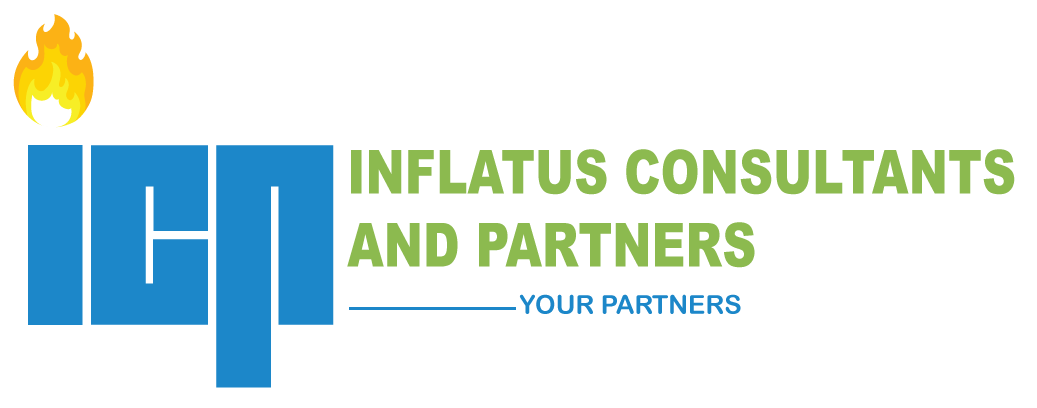FOR BUSY PROJECT MANAGERS ONLY
Project managers are very busy people. They are ultimately responsible for the success or failure of the project. Their responsibilities include managing the project budget; technical deliverables of the project; assembly, development and leading the project team as well as managing other project stakeholders. That is the making of busy project managers! It gets even worse if the project in in trouble.
As I mentioned in an earlier post, communication constitutes about 90 percent of the project manager’s work. I also indicated that the complexity of that task increases as the project team grows in size. That alone is sufficiently challenging. Worse still if the project manager, out of personal insecurity or fear of failure, decides to take everything upon himself.
That is, if he insists on being copied in every project communication which also includes the exasperating Reply All. In his flawed opinion, that is how to stay on top of the game. Consequently, he drowns in the flood of emails every day; everyone on the project copies the project manager!
Some project managers have aggravated the situation by their inability or unwillingness to develop, empower and delegate tasks to team members.
They have sacrificed their health, family and other important relationships in a bid to cope with the amount of work. They work round the clock, carry work home even after spending long hours beyond normal. They have no weekends. They even work during the so-called vacation.
But should a project manager’s life be this difficult? Should he be so busy that he does not have time for his family, his health and other things that make life worth living? Is this totally out-of-balance life the way the profession was designed to be? Is it not possible that he is not getting something right!
Instead of running the project, the project, like a ruthless slave driver, is running him! He is totally out of control. Is this not a self-inflicted suffering?
It is important to understand that being busy does not mean being productive or effective. The key to deliverance from busyness or what someone wisely termed ‘the tyranny of the urgent’ is to set priorities. That implies identification of the things that should engage the attention of the project manage and what should not.
According to the American Psychologist and Philosopher William James
“The art of being wise is knowing what to overlook.”
My former project manager, Rudy Meyenburg, while discussing project communication wisely counselled,”
“The key to project manager’s effectiveness is
being able to separate the ‘noise’ from critical issues
and attending only to what is important.”
These two statements emphasize the need to prioritize. In other words, the project manager needs to identify what really matter, focus on them and let the other things wait. Or better still, delegate them.
But determining what matters most is a big challenge for some. Get a coach to work you through your priorities. Perhaps you need better self-management. But some have mistaken this for time management. A coach would help you clarify that also.
Dr. John Maxwell, leadership expert, coach of coaches and author, reported an incident with one of his staff. Hear him:
“One of my most productive staff members came to see me. She looked exhausted. After we chatted, I learned that she felt totally overloaded by a massive list of responsibilities. I asked her to list all her tasks and projects. Then I went through them with her and prioritized them. The effect was immediate: it was as if a giant weight had been removed from her. I can still picture the look of relief on her face when she realized that she could focus on what mattered most and let the other things wait.”
That is what a good coach or mentor does! How would you like that to happen to you? It beats me why anyone can work without a good coach. And I am speaking from the position of coaching and being coached for the past three years. I know the difference it has made in my life; the clarity of thought that each session brings. I doubt if I will ever live my life without a coach.
For most of us, the problem is being able to identify what the priorities are.
If your team is always working in emergency mode, something is wrong. And you are probably the problem!
You may use the following steps, drawn from ‘The 21 Irrefutable Laws of Leadership’ by John Maxwell, to identifying your priorities. Use what he calls the 3Rs – Requirement, Return and Reward.
- Requirement: Identify those tasks that only you can or must do and must not delegate to anyone else. Some of these may be specified in the project charter or your job description.
- Return: What bring the greatest return on the investment of your time or effort. As a matter of fact, anything that anyone else in the team can do with 80% efficiency should be delegated.
- Reward: What activities gives the greatest satisfaction – internal (mental, emotional or spiritual) reward.
Even after applying these principles you may still end up with a list of activities that require further prioritizing. You may then apply the Pareto Principle or the 80/20 rule. In simple terms it says that 20% of your activities give you 80% of your result. Identify those 20% and put them at the top of your list.
I believe that if you apply these simple ideas you will be able to recover your time, and hopefully your health and those relationships that are dear to your heart.
Next week I address how to select a coach or mentor that is a fit for you.


